Central African Republic
On Tuesday, the relatives of a Portuguese-Belgian aid worker who was arrested in the Central African Republic on suspicion of collaborating with armed groups to plan a coup, continue to assert his innocence and are urging for his immediate release.
This comes despite the African government's claim that they have evidence to back up their allegations.
Joseph Figueira Martin's brother previously informed The Associated Press that the aid worker had solely communicated with the rebels in order to ensure his own safety and survival while carrying out his work in the perilous regions of the Central African Republic.
Figueiro Martin has been detained in a military detention centre in Zemio, a town situated in the south-eastern area of the Central African Republic.
Last week, he initiated a hunger strike to demonstrate against the circumstances of his imprisonment.
The family statement regarding the treatment of Joseph Figueira Martin in Bangui highlights a significant setback for institutions and humanitarian organizations in Central Africa.
Recent reports from authorities in the Central African Republic suggest that Figueira Martin was involved in financing and coordinating armed groups, supported by evidence such as money transfers, audio recordings, and incitement to war crimes.
While it is uncommon for foreign aid workers to be arrested in the Central African Republic, the country is now taking stricter measures to regulate the activities of aid organizations in conflict zones.
Following the arrest of Figueira Martin, authorities have issued warnings to foreign NGO workers, cautioning them against engaging in activities that could threaten national security and result in legal action.
Martin, Figueira Martin's brother, noted that his sibling thrives in such environments, feeling that he is making a meaningful impact.
The conflict in Central African Republic began in 2013 when Muslim rebels took control and ousted then-president François Bozizé, leading to clashes with Christian militias.
Although a peace deal in 2019 helped reduce the fighting, six of the 14 armed groups that signed the agreement later withdrew.
The Russian mercenary group Wagner is also active in the country, supporting President Faustin-Archange Touadera's government.
Figueiro Martin was arrested in Zemio, a town in southeastern Central African Republic that has been plagued by fighting between ethnic militias and anti-government rebels for over a decade.
FHI 360 stated that Martin had come to the country to support a project aimed at reducing poverty, creating economic opportunities, and preventing gender-based violence.
The organization refuted the allegations against Martin, stating that they do not align with the facts surrounding his visit or the work of FHI 360.
The government spokesperson of Central African Republic, Maxime Balalu, expressed concern over the serious accusations against the FHI360 consultant and expressed confidence in the professionalism and independence of the country’s judiciary.
Following Figueira Martin’s hunger strike, the United Nations Office of the High Commissioner issued a report condemning human rights violations, including torture and arbitrary arrests, in the country’s detention facilities.
Martin had been a consultant for FHI 360 since 2023 and had also worked for other aid organizations, undertaking missions to Congo, Chad, Sudan, and the Central African Republic on multiple occasions.




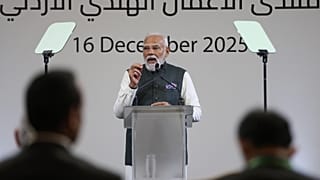

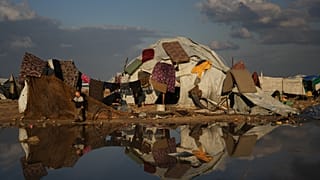
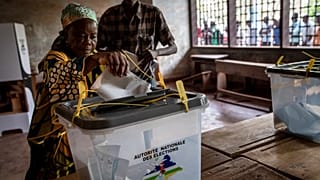
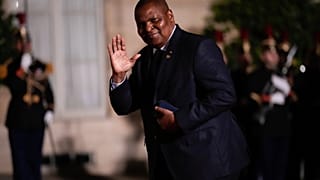
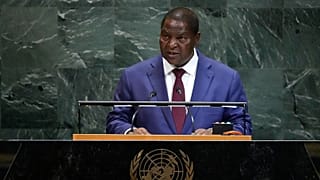
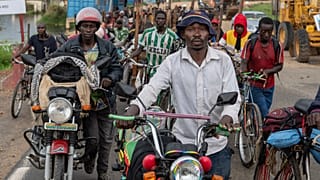

00:55
30 people jailed in Benin in connection with failed coup
02:06
ECOWAS rejects Guinea-Bissau transition, warns of sanctions
01:35
Haitians try to rebuild lives in aftermath of Hurricane Melissa
01:06
ECOWAS troops deployed as Benin foils coup attempt
01:03
Alleged leader of Benin coup attempt reportedly finds refuge in Togo
01:24
Benin government says short-lived coup left casualties on both sides